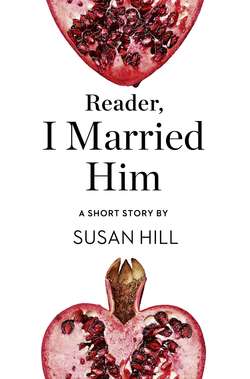Читать книгу Reader, I Married Him: A Short Story from the collection, Reader, I Married Him - Susan Hill, Susan Hill - Страница 7
ОглавлениеREADER, I MARRIED HIM
SUSAN HILL
THERE WAS NOTHING THEY did not say about me, no name I wasn’t called. I was abused to my face and behind my back.
But there was truth among the lies. They said I was ambitious, hard and ruthless and would stop at nothing to get what I wanted.
They did not know what that was, of course. How could they? They thought it was simply the King, and the title, because they could never have understood my desperate need to acquire something they had always had and taken for granted, as their birthright. And that was security. Financial. Social. Domestic. Marital. Security was all I ever longed and struggled and schemed for, because since very early and forgotten childhood, I had never had it, and my deepest, my driving fear through it all was that I never would.
Security.
Did I achieve it?
If I did, it was through men, not through my own effort. I realise now that it was always an illusion. Even after that final, dangerous, all-or-nothing throw of the dice, even when I should have felt safe at last and overwhelmingly secure, I knew at heart that I was not. Loser had lost all.
But I am running ahead. I always run ahead now.
Poverty begot the insecurity, of course, and shame came out of it all. As I grew out of childhood, which does not understand any of this, I became aware that my father was dead and now we were poor. Genteel poverty is the worst of all, because of the contrast. My mother had aspirations. She had some small talents. She could not see herself as poor. But she had to do something about it, use the small talents, and so she embroidered things, modest little nothings, cushion covers and tray cloths, and sold them at a Women’s Exchange Shop. They made very little money. But if there is nothing truly shameful about doing business with a talent for something as genteel as embroidery, my mother’s next attempt to make frayed ends meet was not only a financial disaster, it was a social one. My face burns, even after all these years, when I remember. We had moved into a house converted into apartments and my mother sent around cards, asking the other tenants to dine – and pay for the pleasure. Few came, the cost of the food was more than they paid. We were obliged to go and live with Aunt Bessie. She had been watching and waiting, knowing that everything would go wrong, ready to welcome us.
